The Standard Organisation of Nigeria (SON) was formed through the Act Number 56 of December 1971. (other amendments followed, such as the Act Number 20 of 1978, Act Number 32 of 1984 and Act Number 18 of 1990). The agency is the main federal organisation responsible for product standardisation in Nigeria.
The current law guiding the operation of SON is the SON Act No. 14, 2015 (previously Standards Organisation of Nigeria Act, Cap 59 laws of Federal Republic of Nigeria, 2004)
SON is a member of the International Organization for Standardization (ISO). The website of SON is son.gov.ng. SON collaborates well with NAFDAC, MAN, PMG-MAN.
Leadership of the SON
The Director-General is the CEO and accounting officer of the agency. The DG holds office for a four-year term and can be re-elected for another four-year tenure. The current Director-General of SON is Mallam Farouk A. Salim (correct as of Feb 2022)
We have many departments under the SON. They are Legal/Council Services, Metrology & Instrumentation, Management System Certification, Standards Development, Testing Services, Corporate Affairs & SON Consults, Planning, Research and Statistics, Product Certification, Operations.
Each of the Director is appointed by the Council. The governing council of the SON, also called Nigerian Standards Council, is made of:
- A Chairman ;
- one representative, each, from the Federal Ministry of:
- (i) Agriculture and Rural Development,
- (ii) Defence,
- (iii) Trade and Investment,
- (iv) Finance,
- (v) Works,
- (vi) Health,
- (vii) Science and Technology,
- One representative from each of the following fields of activity, recommended by the Minister after consultation with the appropriate body, if any:
- (i) University education and research,
- (ii) chambers of commerce, industry and mines,
- (iii) engineering and engineering consultancy services,
- (iv) processing and manufacturing,
- (v) construction industry,
- (vi) employers’ association, and
- (vii) consumers’ association ;
- One person not employed in the public service who shall be a person of unquestionable integrity and appearing to the Minister to represent interest or fields of activity not otherwise represented ; and
- The Director-General.
Different SON Products Certification Schemes
SON makes sure locally made goods in Nigeria are of good quality and conform to standards (Nigeria Industrial Standards). Product Certification schemes by the SON is a third-party assessment of products. The four schemes of certification by SON are:
- Mandatory Conformity Assessment Programme (MANCAP).
- Voluntary Product Certification Scheme (NIS Mark of Quality).
- Nigerian Quality Award Scheme (NQA).
- Product-Type Certification for Exports.
Mandatory Conformity Assessment Programme (MANCAP)
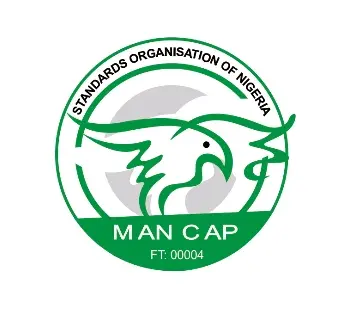
The MANCAP started in 2006 to make sure all Nigeria-made products certify Nigerian Industrial Standards (NIS) or code before they make the market. A MANCAP certificate remains valid for 3 years, after which renewal or re-certification is necessary. SON also carries out periodic supervision to ensure compliance with quality standards.
The MANCAP logo can be affixed to the products before entry into the market. The steps for MANCAP certification include:
- Inspection of production processes
- Sampling and testing of the products using NIS standards
- Report of inspections and test results compiled by State Offices, and moved to the Product Certification Directorate. They evaluate and recommend for SON approval.
- Issuance of MANCAP certificate and MANCAP logo, having a unique number of products that meet the requirements (administrative charges apply)
Voluntary Product Certification Scheme (NIS Mark of Quality)
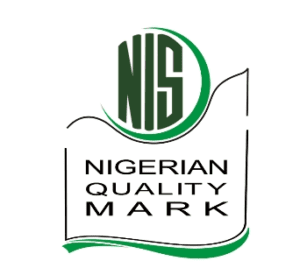
This is an award of excellence for products that consistently meet the requirements of the Nigerian Industrial Standards during production and at the market.
The manufacturer must have in-plant laboratory facilities. The SON allows the manufacturer to display the NIS Quality Mark on certified products.
Nigerian Quality Award Scheme (NQA)
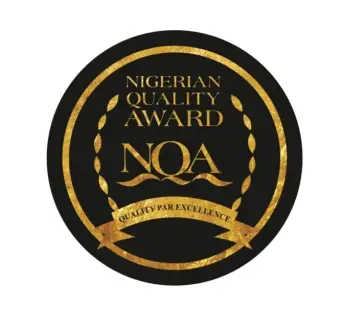
This excellence award is a product scheme for products that comply with the standards and established Key Performance Indicators (KPIs) as approved by the SON governing council. It is the rebranded NIS Product Quality Award that stopped in 2012.
The producer will be able to use the Award logo on promotional materials.
Product-Type Certification for Exports
This is a certificate issued for export products that conform to the standards of SON. If approved, the Certificate of Conformance is assigned to the product.
Another procedure is used by the SON in registering products imported into Nigeria. This procedure is called SONCAP and will be discussed in details in another post.
Standards Organisation of Nigeria Conformity Assessment Program (SONCAP)
The SON Conformity Assessment Programme (SONCAP) is a mandatory scheme set up by the Nigerian government in 2005 to ensure quality and standards for all goods imported into Nigeria.
Functions and Duties of the SON
- Organise tests and ensure compliance to standards as designed by the council
- Carry out investigations into the quality of facilities, systems, services, materials and products, both imported and manufactured in Nigeria.
- Ensure quality assurance activities like certification of systems, products and laboratories across Nigeria.
- Ensure reference standards for calibration and verification of measures and measuring instruments and shall, with respect to metrology—
- (i) realize and disseminate the units of physical measurements based on the International System (SI Units) under the Weights and Measures Act,
- (ii) establish, keep, maintain, develop and update the Nigerian National Primary and Reference (Secondary and Tertiary) Standards of Measurements for the SI Units traceable to international standards,
- (iii) ensure that working standards used in Nigeria are traceable to the National Standards kept by the Organisation,
- (iv) establish, develop and maintain a National Physical Laboratory for measurement expertise and infrastructure necessary to enable business, technology and academia to take advantage of the advances in the field of measurement, and
- (v) provide measurement and calibration services to industry and government ;
- Compile an inventory of products in Nigeria requiring standardization ;
- Compile Nigerian Industrial Standard Specifications ;
- Develop methods for testing materials, supplies and equipment, including items purchased, whether locally manufactured or imported, for use of a department of Government of the Federation or a State and private establishment ;
- Establish an Import and Export Product Surveillance, Certification and Conformity Assessment Scheme ;
- Establish a mandatory conformity assessment programme for locally manufactured products in Nigeria ;
- Impose fees, fines or penalties on a person who contravenes any Import or Export Surveillance, Certification or Conformity Assessment Scheme ;
- Register and regulate standards, marks and certification ;
- Undertake registration of all manufactured products distributed, marketed and consumed throughout Nigeria ;
- Undertake preparation and distribution of standard samples ;
- Establish and maintain such a number of laboratories or other institutions as may be necessary for the performance of its functions.
- Compile and publish general scientific or other data; (p) advise the department of the Government of the Federation, State and Local on specific problems relative to standard specification ;
- Carry out training and undertake the accreditation of training institutions and organisations for purposes of international standards such as ITU, IEC, ISO, OIML, or Codex, standards or systems certification throughout Nigeria ;
- Coordinate all activities relative to its functions throughout Nigeria and to cooperate with corresponding national or international organisations in such fields of activity as it considers necessary with a view to securing uniformity of standards specification ;
- Establish a Register for National Standards, Standard Marks, Certification Systems and Licences into which all matters relating to standards referred to under this Act shall be entered ;
- Undertake appropriate investigations into the production premises and raw materials and establish relevant quality assurance systems, including certification of the production sites for regulated products.

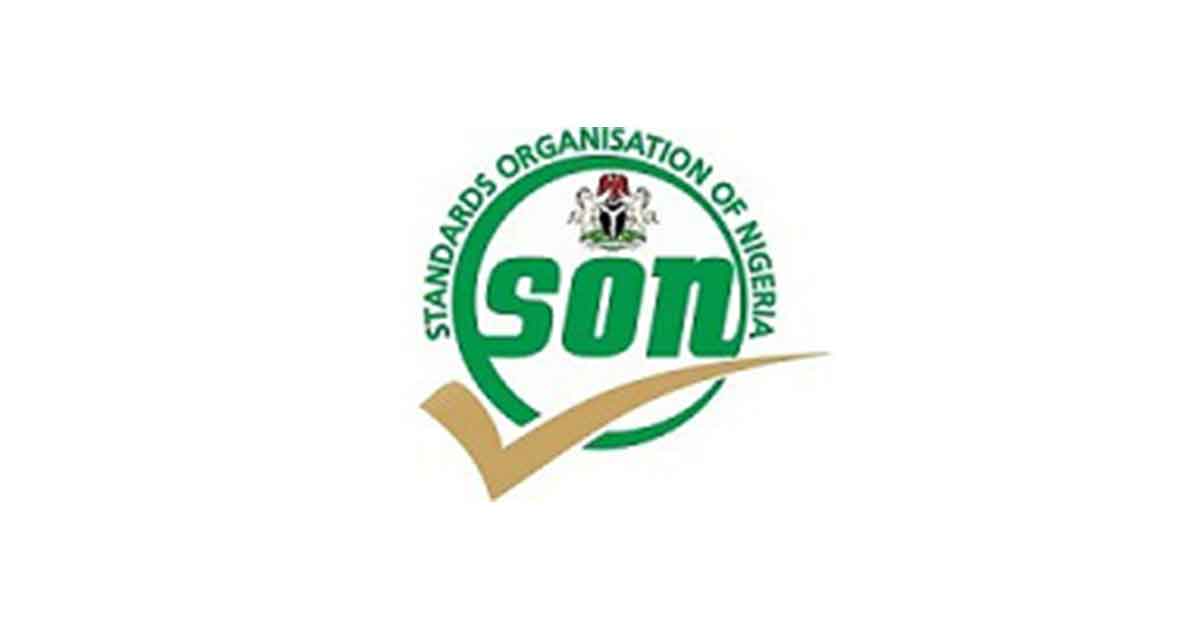
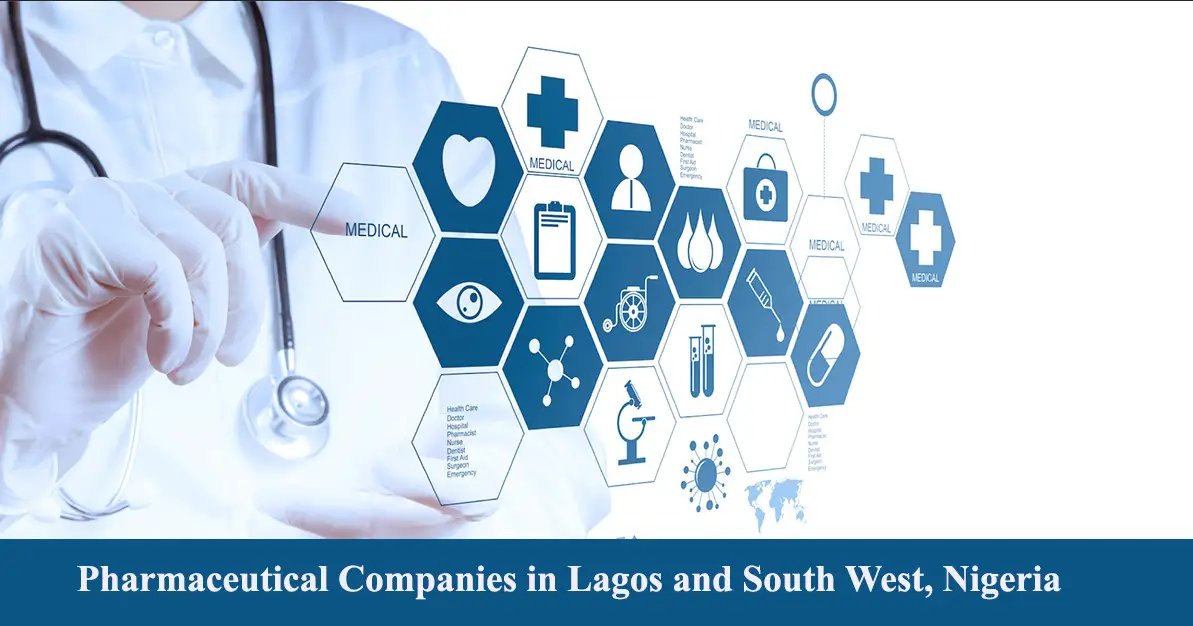

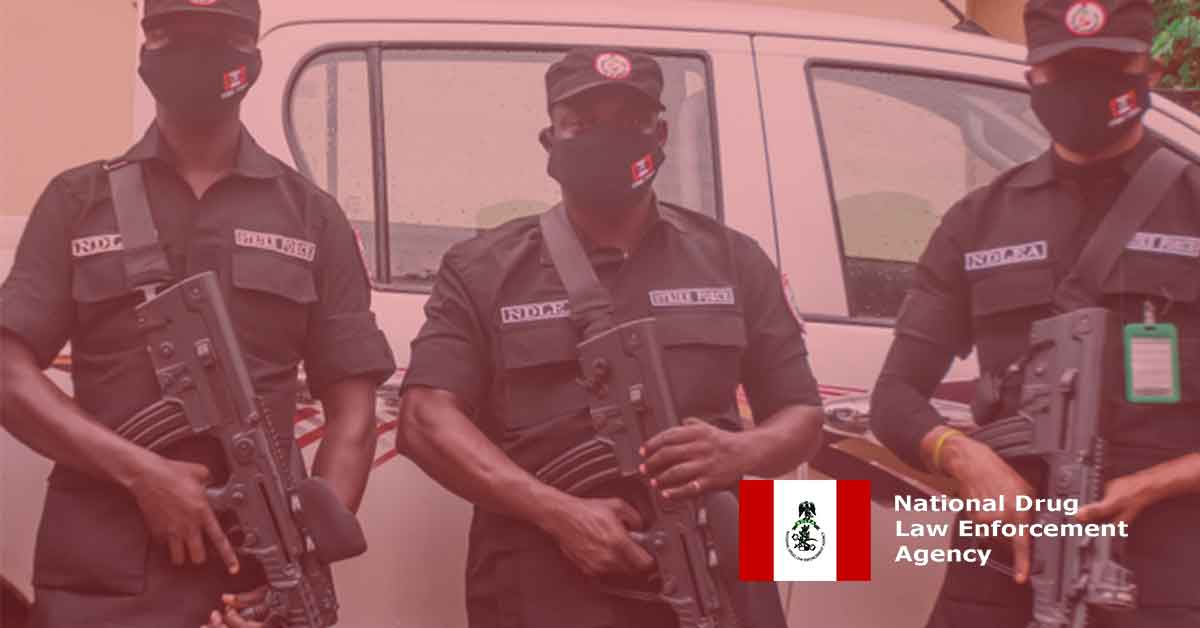
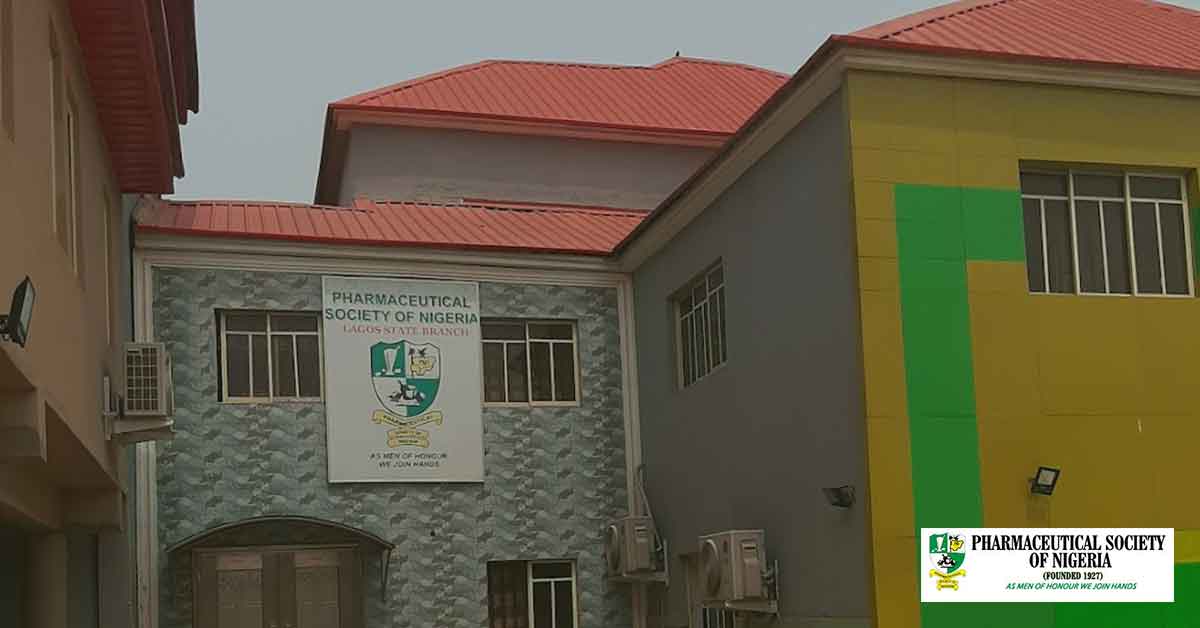
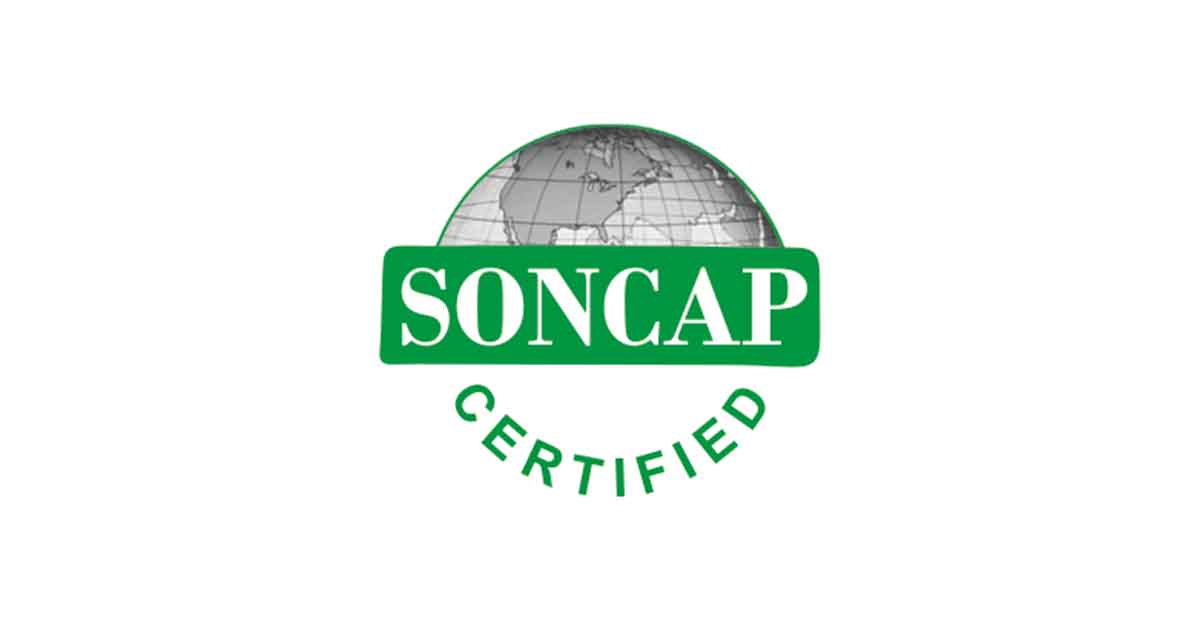
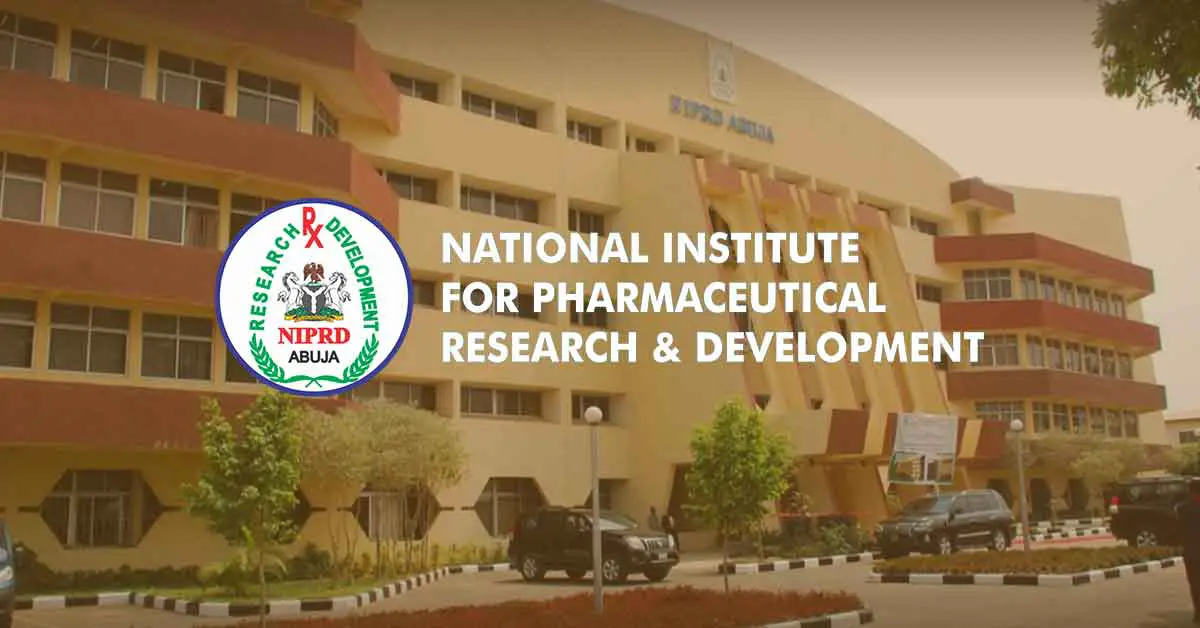
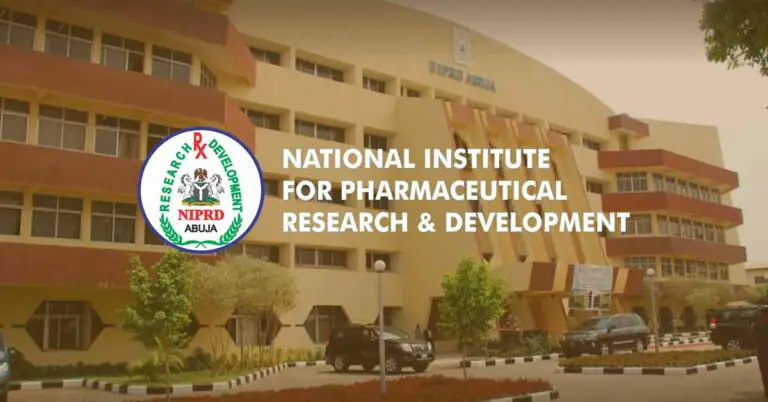
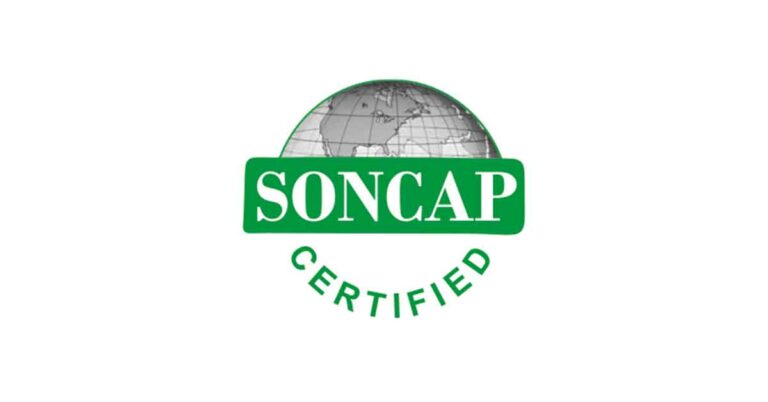
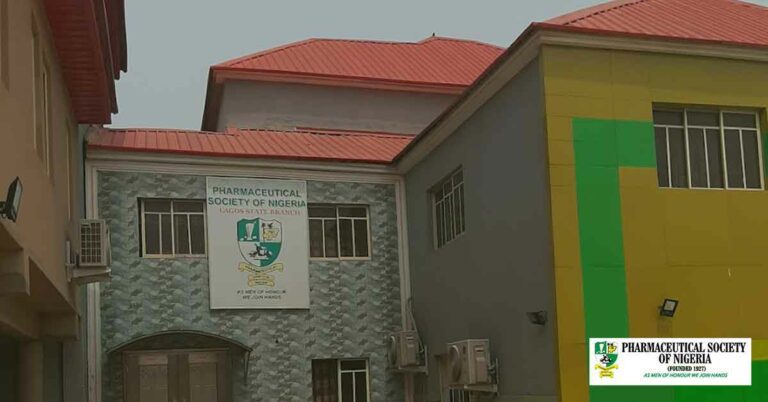
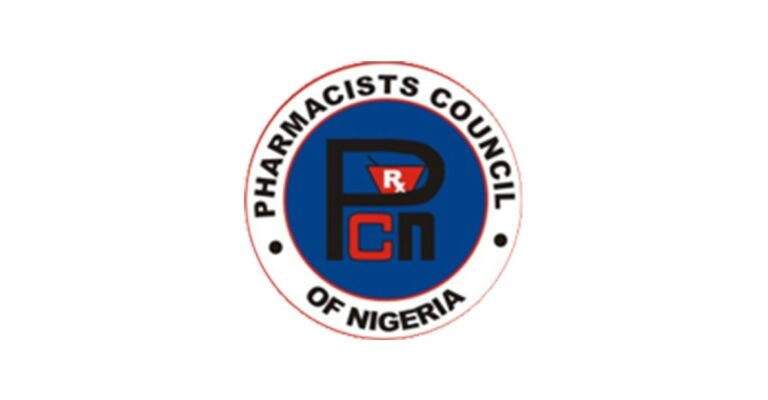

I most recognize the effort of the federal government and major role & function of the standard Organization of Nigeria invest into in order to provide avenue for standard industrialization, access to trade and investment inside and outside the country.
Yes, we hope our government can do more as regards to standardisation of products in the country.
As a corper is a great idea to work under Standard Organization of Nigeria?